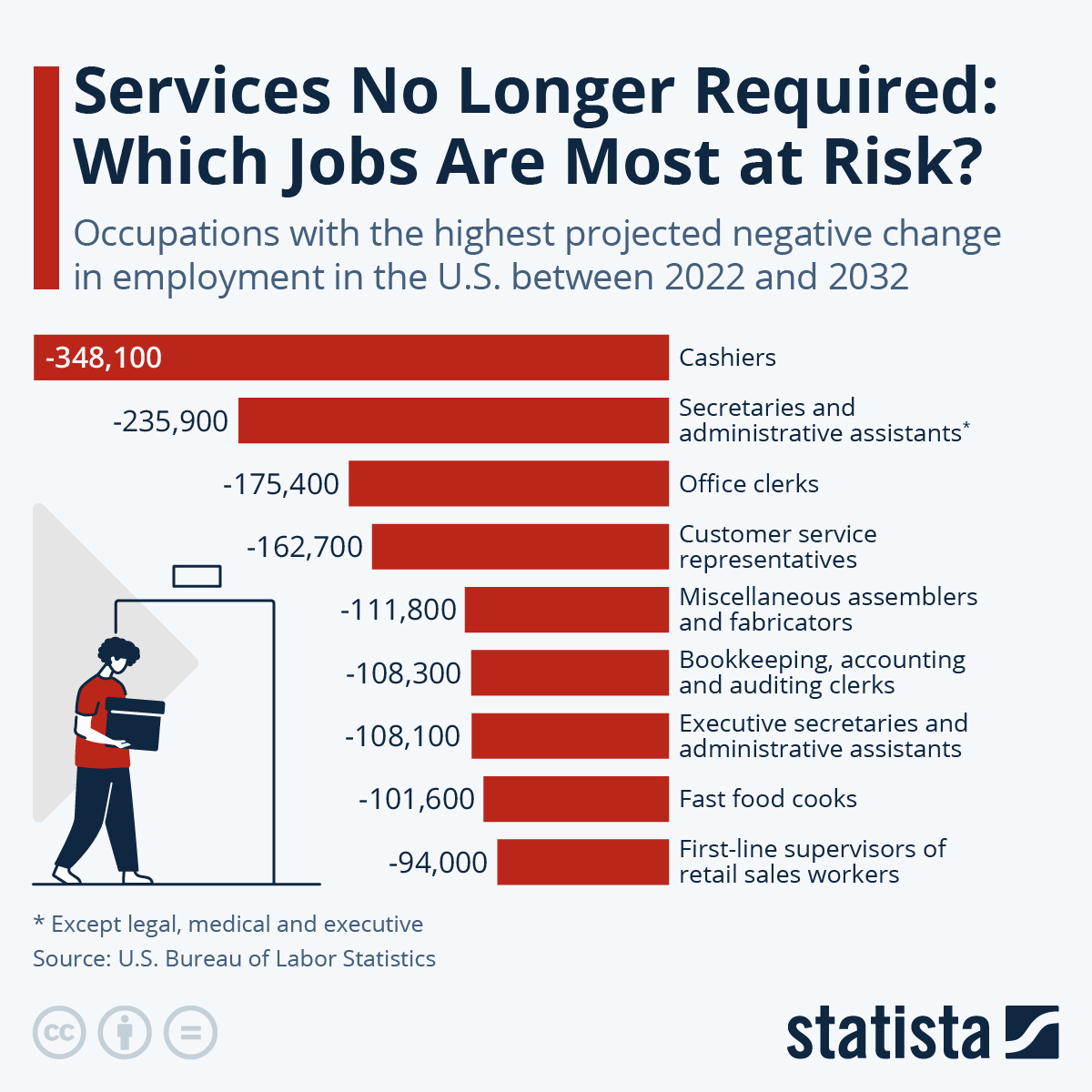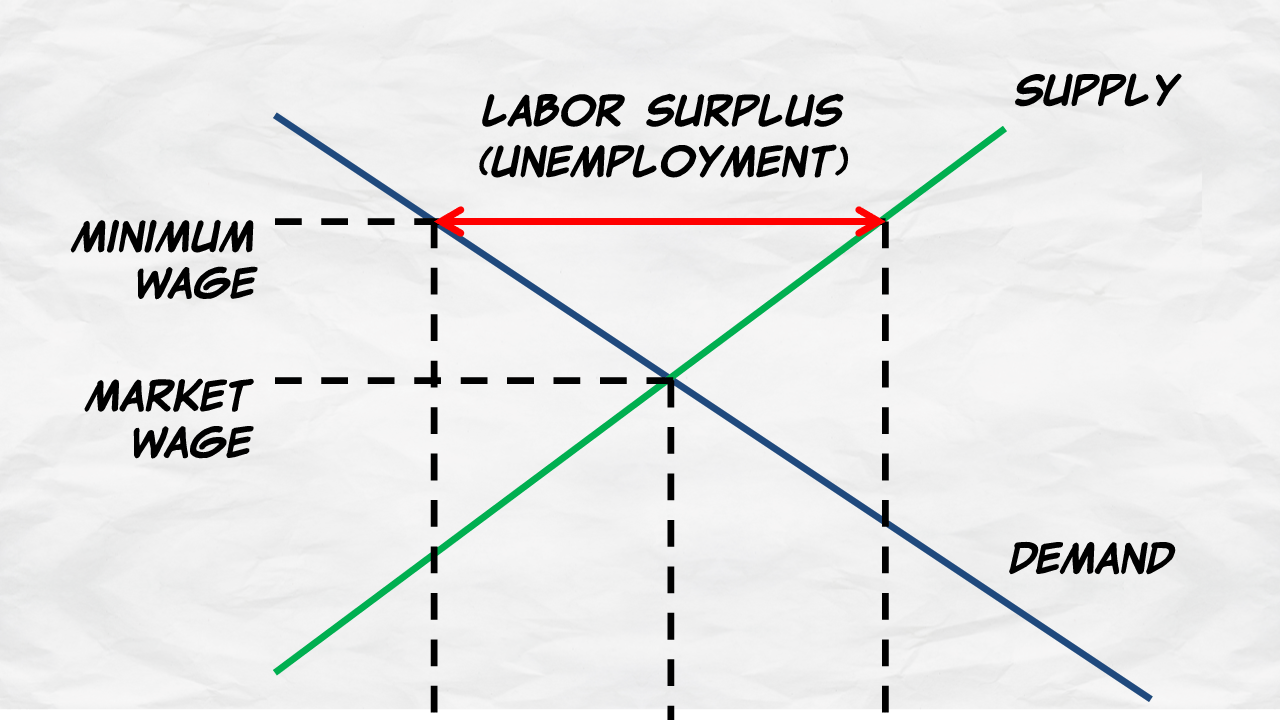
Posted May 14, 2024
By Sean Ring
AI Fired Your Friend
Yesterday, ChatGPT released its latest upgrade. As a technically proficient computer user, I was well impressed. Some of the geekier engineering folks weren’t as thrilled. But I don’t care about the inner specs of a program. I only care if and how I can wield it.
Undoubtedly, AI is my best friend from 9 a.m. to 12 p.m. every day when I write the Rude. It's a tool that enhances my productivity and allows me to focus on the creative aspects of my work. I simply couldn’t report the things I do without it since I don’t have a research assistant on my staff.
In fact, other than the great Byron King contributing twice or so every month, the Rude has a staff of two. I write it, and my good friend Oscar transfers it from Google Docs to our email service, sends it to me for checking, and then sends it to you.
We run a tight ship, so paying $20 per month for AI is a no-brainer for me.
And yes, technology generally creates more jobs than it destroys. While jobs will evolve or become obsolete, new opportunities will emerge, and our skills will be in demand in new areas.
Of course, people in the soon-to-be eliminated jobs will be upset that their livelihood will no longer exist. Some may even lobby Congress to create legislation that will block the offending technology from being used, saving their jobs (for a while, at least).
But ultimately, technology and enhanced productivity win the game.
In this Rude, we look at why jobs are eliminated and how to leverage AI.
But first, a little history.
The Luddites
The original saboteurs, the Luddites, were a group of British textile workers who protested against the introduction of machinery during the Industrial Revolution, which threatened their skilled jobs and livelihoods.
Led by Ned Ludd, a person more legend than real, the Luddites smashed weaving and knitting machines in factories across northern England between 1811 and 1813.
The Luddites weren’t against progress or technology itself, but rather the exploitation of workers and the loss of skilled jobs caused by mechanization. They were skilled artisans who had spent years perfecting their crafts, only to be replaced by lower-skilled, poorly paid laborers operating factory machines. The Luddites issued threats, posted proclamations, and operated as a secret society to coordinate their protests.
The British government responded harshly, passing laws making machine-breaking punishable by death and deploying soldiers to crush the Luddite uprisings. After 1817, the Luddite movement faded, but the term "Luddite" lives on to describe those opposed to technological change.
While the Luddites are often romanticized as heroic defenders of traditional ways of life, their protests were ultimately futile against the forces of industrialization. However, their actions highlighted the human costs and disruptions caused by rapid technological progress, a tension that still resonates today.
The $20 Minimum Wage
Arguably, the Luddites resonate more today than before because of central banks. They print too much money. This money chases too few goods, driving prices up.
This hurts low-income people. Well meaning fools then advocate a minimum wage.
The problem is that the minimum wage creates unemployment for those who aren’t worth that wage. Sure, those who remain employed are happy, but those who lose their jobs are not.
Let’s do a simple example.
Let’s say my idiotic government just passed a law requiring the minimum wage to be $10 an hour. I have two employees, Alan and Brian. Alan is young, keen as mustard, and always turns up early to work. Alan makes $7.50 an hour because he’s not that experienced. Brian is old and cynical but effective. Brian makes $20 an hour because he’s seasoned, smart, and productive.
This can go in two ways: I can decide I need Alan’s youthful energy to keep my firm current. I retain Alan and give him the $2.50 raise. I fire Brian and outsource his work for $10 an hour. My total cost per hour goes from $27 to $20. From a cost perspective, this makes sense.
However, the far likelier outcome is this: Alan is young and not worth a penny more than $7.50. I really like him, but I just can’t pay him $10 an hour. And while Brian is much more expensive at $20 per hour, he produces $35 an hour of revenue. I can’t take the chance of outsourcing that. So I sadly fire the young gun, Alan, and retain the revenue-producing Brian.
As a result, Alan doesn’t get the experience he needs to warrant the $10 per hour minimum wage and can’t afford to buy anything.
If you think this is bad when the minimum wage is $10, imagine what it’s like in California at $20 an hour.
In the graphic below, courtesy of Statista, I point your attention to cashiers and fast food cooks.

I had a few friends work at McDonald’s as teenagers. It gave them money and a lot of experience in customer service. Sadly, and I think prematurely, that avenue is now closed to young people.
McDonald’s looked at the idiot politicians and essentially said, “Sure, you can raise the minimum wage to $20, but we’re going to automate everything.” Those short-order cooks are now AI machines. The cashiers are now apps on big screens with credit card payment systems attached.
Even here in Italy, one or two people work at each fast food stand. With the machines, you simply don’t need more.
That’s how a minimum wage set above the market wage (a price floor) causes innnovative solutions among companies to create a surplus of unemployed workers.

Credit: Marginal Revolution University
Your Home Business
If you’ve read the Rude long enough, you’ll know that the Rude’s Four Pillars of Financial Freedom are:
- Get a second passport
- Start an online business
- Own a bit of crypto
- Get in great shape
Disclosure: I’m still working on #4.
With AI, starting an online business has never been easier. I don’t know what your particular skill is, but I know you have one. Exploit it.
If you’re unsure what your skill is, you can list your skills and ask ChatGPT for advice on what kind of business you should start. It’s amazing.
Once you start your business, you can use AI to assist you in almost any endeavor.
I don’t want to overload you, but this website, There’s An AI For That (TAAFT), lists all the new AI getting produced. Indeed, there’s something there to help you create, grow, and maintain another revenue stream.
Wrap Up
For some, AI is going to eliminate their jobs.
But for you, I want it to be the spur that encourages you to create another revenue stream.
Undoubtedly, you can do it if you take the time to explore.
I wish you good luck!
